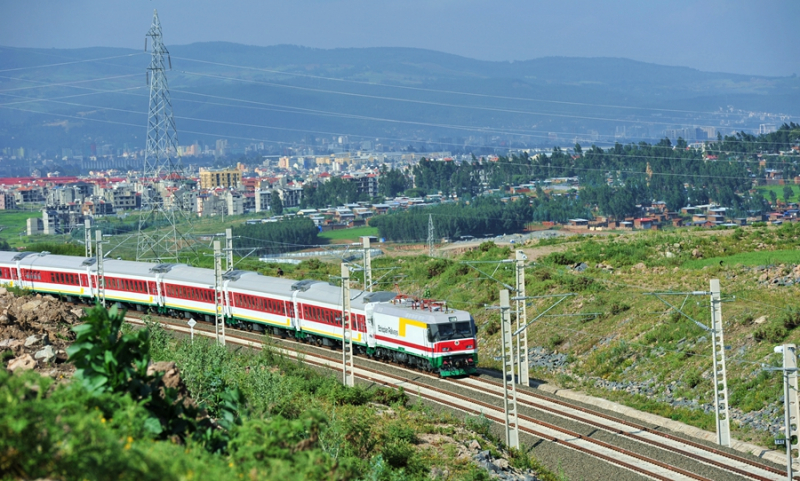Roads and transport
Although Djibouti is not the most hazardous country on the African continent, in terms of roads and transport, it is best to avoid taking public transportation here. Despite gaining the designation of "mine-free," the surrounding terrain nonetheless hides a plethora of nasty surprises.it is best to avoid taking public transportation here. Despite gaining the designation of "mine-free," the surrounding terrain nonetheless hides a plethora of nasty surprises.
Of course, Roads and transport are a cause for concern when organizing a vacation, but it isn't a reason to miss out on the opportunity to see Djibouti's port in person, learn about the country's beauty, and experience the continent's distinct ambiance. Just remember the primary rule: asphalt is your safety assurance. The roads, on the other hand, leave a lot to be desired. They're like a meadow covered in a thick blanket of grass, narrow, poorly lighted, and scarred with holes, enticing cattle to the promenade. Nighttime road journeys are not encouraged in this area.
The good news is that you are willing to assist and are nearly willing to donate your automobile to the first person who arrives in the case of a breakdown. What should one do in Djibouti if the spirit of adventure outweighs all bans and dangers? Then, before you proceed to any God-forsaken location (you can't count them! ), check with the local authorities to see if the route you've picked is safe on the dirt roads. Women are everywhere, at all times, and in everything... Is that correct?














